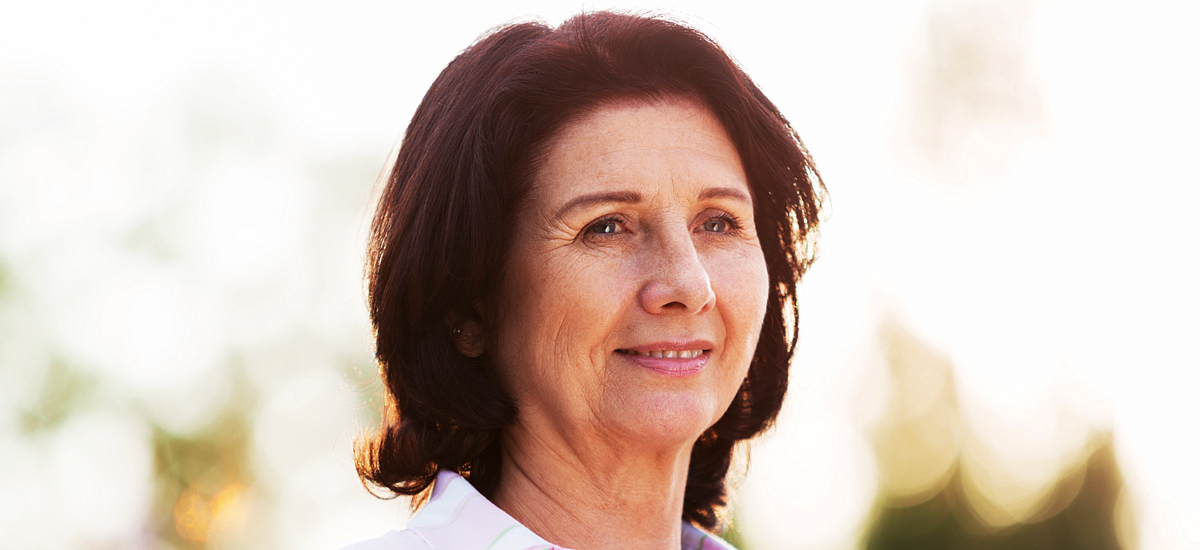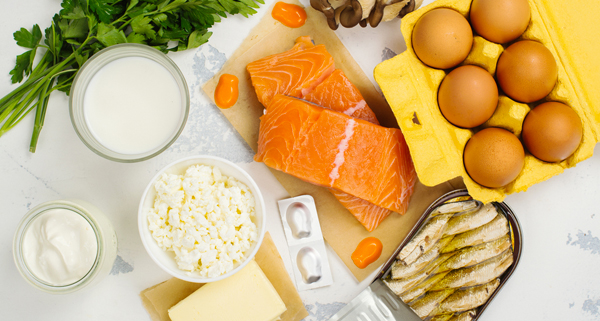
Your Guide to a Bone Healthy Diet

Why is Vitamin D Important?
- Are age 60 or older
- Spend little time in the sun
- Live in a nursing home or are homebound
- Have a medical condition or take a medicine that affects vitamin D levels
- Have very dark skin
- Are obese

Vitamin D Recommendations
- Adults under age 50 need a total of 400-800 international units (IUs) of vitamin D every day.*
- Age 50 and older need a total of 800-1,000 IUs of vitamin D every day.*
Other Nutrients for Healthy Bones
Recent research has found that olive oil, prunes, soy beans, blueberries and foods rich in omega-3’s, like fish oil, may also have bone boosting benefits. While additional research is needed before the link between some of these foods and bone health can definitively be made, the many overall health benefits of these foods make them excellent choices to add to your diet. For example, new research suggests that eating 5—6 prunes each day helps to maintain bone density, supporting previous research that found eating 10—12 prunes every day for one year helped to increase bone mineral density and slow the rate of bone turnover. Prunes contain potassium, magnesium and vitamin K, all of which are important for bone health.* Some people need to take more vitamin D than others. Talk to your healthcare provider about your personal vitamin D needs. Note: According to IOM, the safe upper limit for vitamin D is 4,000 IUs per day for most adults.